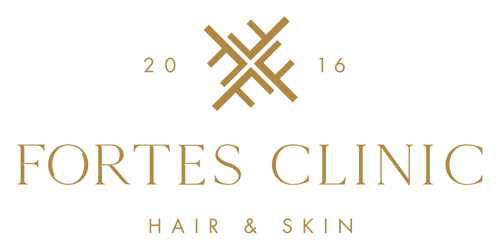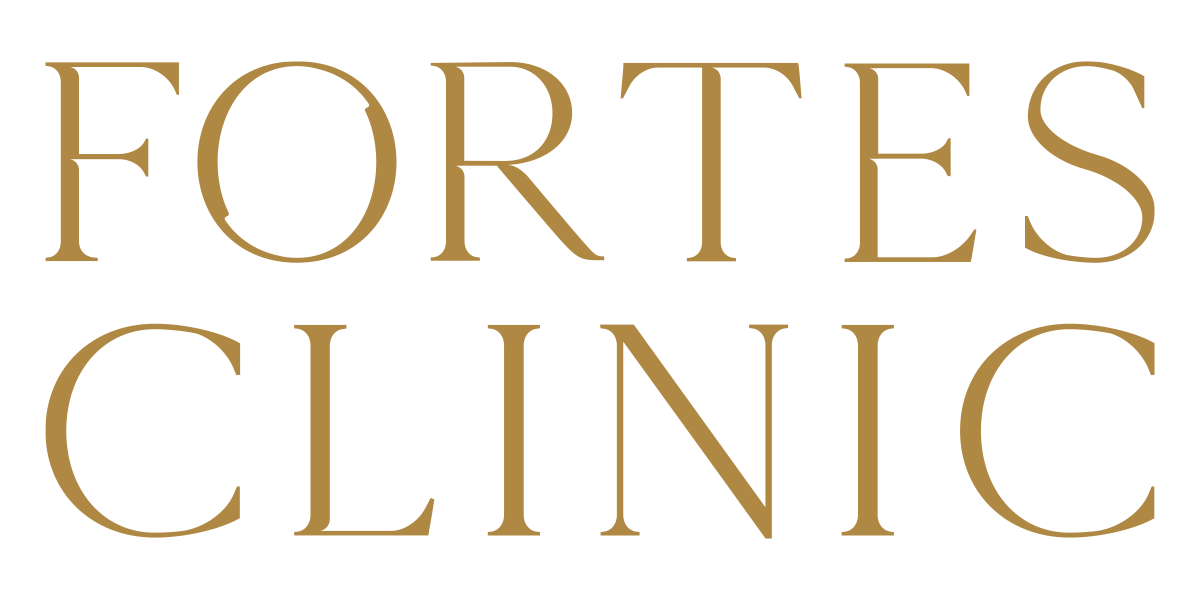Quick answer: the likely culprits
If you’re asking which vitamin deficiency causes hair loss, iron and zinc top the list. Vitamin D can play a role for some people, while true biotin deficiency is rare. Too much of certain nutrients, such as vitamin A or selenium, can also trigger shedding. A simple set of blood tests through your GP will show what needs attention before you start supplements.
See background guidance from the NHS on hair loss and DermNet on telogen effluvium.
- Iron (low ferritin) can drive diffuse shedding. Correcting low stores often reduces loss over time.
- Zinc supports hair cycling; deficiency can increase shedding.
- Vitamin D links to certain hair loss patterns; treat if tests show a shortfall.
- Biotin deficiency is uncommon; routine high doses are not advised and can interfere with lab tests.
- Excess vitamin A or selenium may cause hair loss, so avoid oversupplementing.
How nutrition affects shedding
Hair usually responds to nutritional stress with telogen effluvium, a diffuse increase in daily shedding. You’ll often notice extra hair on pillows, in the shower, or when brushing. Once you correct the trigger and levels return to normal, growth tends to recover, though visible improvement can take a few months.
Iron (ferritin): a common driver
Low iron stores frequently sit behind persistent shedding, especially in people with heavy periods or restrictive diets. Ask your GP to check a full blood count and serum ferritin. Treat confirmed deficiency and recheck. Avoid taking iron “just in case”, as unnecessary iron can cause problems.
Helpful overview: NHS iron deficiency anaemia.
Zinc: small mineral, big role
Zinc helps with keratin production and follicle cycling. Low levels can increase shedding and change hair quality. A clinician can arrange a serum zinc test when your history suggests risk. Correcting a proven deficiency often stabilises shedding.
Vitamin D: correct shortfalls, don’t guess
Research links low vitamin D with some hair loss conditions, but not everyone benefits from supplements. Test first. If your 25-hydroxyvitamin D comes back low, your GP can advise an appropriate dose and duration.
Biotin: rare deficiency, real lab interference
True biotin deficiency is uncommon outside specific medical scenarios. High-dose biotin tablets sold for “hair, skin and nails” can distort blood tests such as thyroid and cardiac markers. Tell your clinician if you take biotin and never start high doses without medical advice.
See MHRA biotin safety advice.
When “too much” causes hair loss
Overdoing supplements can backfire. Vitamin A toxicity and selenium excess both link to hair loss. Stick to recommended intakes unless your clinician tells you otherwise. If you already take multiple products, review total intake across all labels.
Should you take a multivitamin “just in case”?
Targeted treatment beats guesswork. Evidence for broad “hair vitamins” remains mixed. You get the best chance of success by testing, correcting what’s low, and avoiding unnecessary extras. Your GP can tailor advice to your results and medical history.
What to test (speak to your GP)
A sensible work-up often includes:
- Full blood count and ferritin
- Zinc (when risk or signs suggest it)
- 25-OH vitamin D
- Vitamin B12 and folate
- TSH (thyroid), because thyroid imbalance commonly affects hair
- Other tests if your history points that way
Treat to target levels and book a follow-up to confirm recovery.
If tests are normal, what next?
Nutrition isn’t always the cause. The most common alternatives are male or female pattern hair loss or telogen effluvium from illness, stress, surgery, or post-partum change. Evidence-based options can still help:
- Minoxidil supports thickness for many people. Read more: Does minoxidil work?
- Some patients consider medical therapy after assessment: Hair loss medication
- When appropriate, surgical routes include FUE hair transplant and FUT hair transplant
- Not sure where to begin? Send photos or book through the contact page
Food first: practical ways to meet your needs
Build a plate that supports hair and overall health.
- Iron: lean red meat, beans, lentils; pair plant sources with vitamin C to aid absorption.
- Zinc: seafood, meat, dairy, nuts, seeds, wholegrains.
- Vitamin D: limited in food; many people need supplements in winter if levels test low.
- Protein: eggs, dairy, poultry, fish, tofu, tempeh, pulses.
FAQs
Which vitamin deficiency causes hair loss most often?
Iron and zinc sit at the top. Vitamin D sometimes contributes. Testing confirms the real cause.
Will a multivitamin stop my hair loss?
Not if you lack nutrients. Evidence for general “hair vitamins” is limited. Target proven deficiencies.
Is biotin good for hair?
Only if you’re truly deficient. High doses can skew blood results, so tell your clinician before tests.
Can too many vitamins cause hair loss?
Yes. Too much vitamin A or selenium may trigger shedding. Keep to safe limits.
How long until shedding improves after treatment?
Hair cycles slowly. Expect several months after levels normalise before you see a difference.
Summary
When people ask which vitamin deficiency causes hair loss, iron and zinc stand out, with vitamin D relevant in some cases. Biotin deficiency is uncommon, and oversupplementing vitamin A or selenium can make shedding worse. Test first, treat what’s low, and consider evidence-based hair treatments if nutrition isn’t the root cause.



